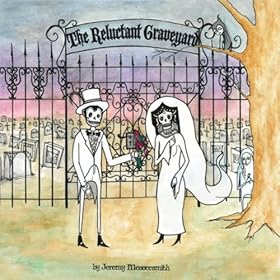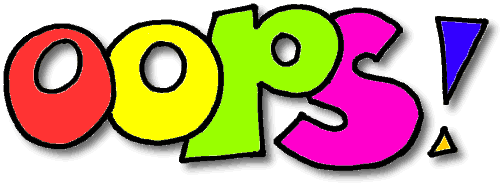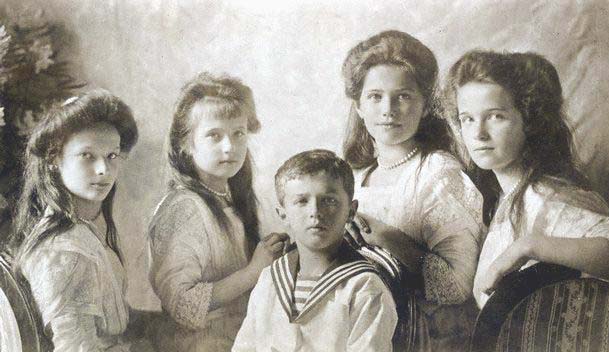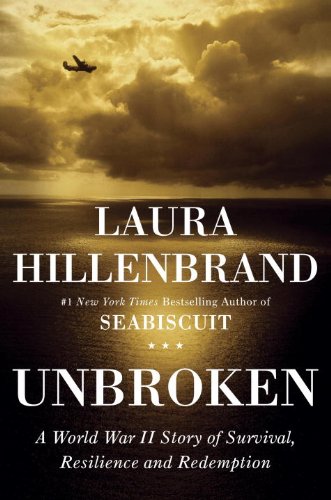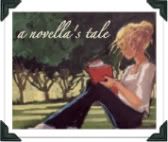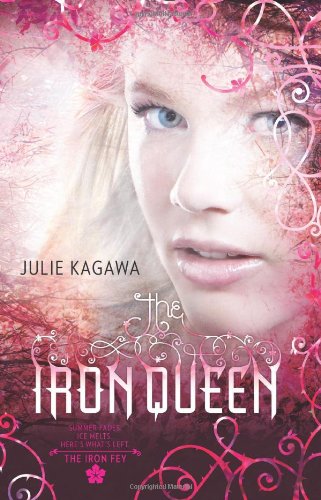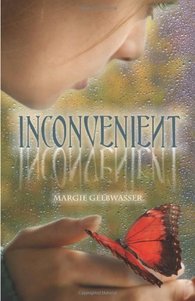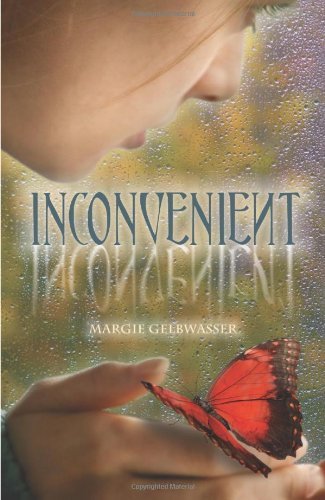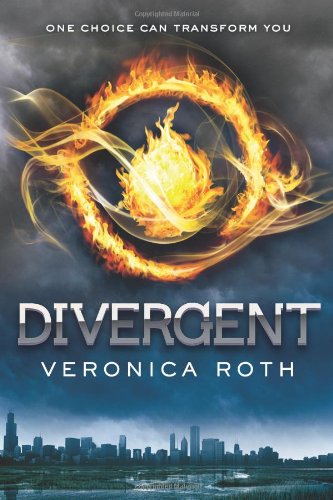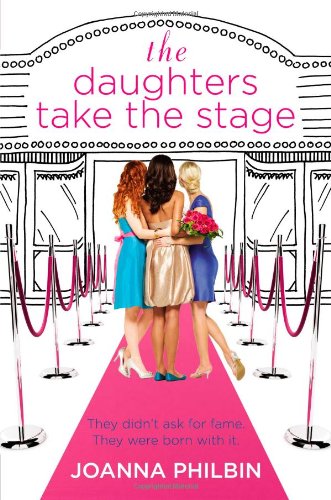What Mistakes Are Acceptable In A Book?
Can you name a flawless book? A book that gets it all right. Fabulous characters, great plot, skillful yet readable prose, without any errors in grammar? They exist, of course, but are few and far between.
My post today is focusing on the little niggling errors that authors and editors miss. You know what I'm talking about - you proof-read your paper 50 times, turn it in, and then get back a big red mark showing that you spelled "controversy" as "controvery." (I misspelled that exact word today in an email to a client. I looked like an idiot and went back and forth with her all day trying to make up for it.)
Published books are revised again and again by authors and editors, but things still slip through. Some are pure typographical or grammar errors, others are poor word choice or plot holes. Even a wonderfully crafted novel usually has a mistake or two.
Let's examine a few:
1. Grammatical and spelling errors:
Ooops...someone didn't proofread thoroughly enough.
I am more forgiving of grammatical and spelling errors than any other mistake. As I said above, you can have a dozen people read a draft a dozen times and errors can still slip through.
A few spelling errors are natural. A lot is unprofessional. If you don't bother making sure your words are spelled correctly or your sentences follow accepted standards, then what else have you let slip by? A substantively perfect book looks sloppy if it's riddled with spelling and grammatical errors.
Oddly, I love finding spelling and grammatical mistakes in books (assuming they're rare). I feel like I caught the author doing something naughty. Makes for a good laugh.
Example:
Harry Potter and the Half Blood Prince
In
Harry Potter and the Half Blood Prince, in Chapter 1, on Page 10, end of the 8th line (US edition), "sight" is misspelled as "site." I think this was corrected in later editions. (Source: hp-lexicon.org)
2. Word Choice/Overused Themes
Every writer has words and even ideas that they overuse. I can hardly write a sentence unless I include the words "just" or "really" in it. I end up erasing these words when I proofread my pieces.
One of the purposes of an editor is to call a writer out on her bad habits. To notice flaws where she doesn't. I see so many books with poor word choice or certain themes repeated over and over. Why? Did the editor miss them? Were there so many errors in the writing that the editor let these slide? If so, why did the book get published? Was the editor being careless because he/she didn't think anyone would buy the book?
Example: Twilight (Yes, it's hard for me to believe that I'm criticizing my beloved Twilight too).
Not even halfway through
Twilight, I was sure that if I read one more time about Edward's godlike beauty, my eyes were going to roll right out of my head.
As for word choice, Edward "chuckles." He doesn't laugh, he doesn't giggle, he doesn't guffaw. He chuckles. I hate the word "chuckle." It's an irrational hatred, but every time I saw the word "chuckled" in
Twilight (which was quite often), I groaned.
The overuse of certain words and even the belabored descriptions of Edward's appearance was most prominent in the first
Twilight book. Why? Did the editors take the books more seriously after
Twilight's success and actually concentrate on fixing Stephenie's errors? Or did Stephenie become a better writer? Methinks it's a bit of both.
Twilight is an example of when the editorial lapses distract from the substance of the book. It obviously didn't kill my affection for the series, but there's a serious problem anytime a reader laughs
at the book instead of
with the book. Hopefully, the underlying story can make up for the surface problems. I saw enough good in
Twilight that I mostly overlooked its problems. Other books don't have a strong enough plot to make up for their errors.
3. Consistency Errors
Problems with consistency occur most often with a series. If a series has a complex background, it's easy to forget a detail or two, even if you're the author. This is where the editor comes in - to make sure that everything is consistent. But the bigger the book and the more plot details there are, the harder it is for even the best editor to keep up.
A book riddled with consistency problems is a telltale sign of a poor quality novel. You wonder if the author stopped caring. But I don't mind an error or two. Like spelling mistakes, I tend to giggle and marvel at the fact that I caught something the author missed.
Example: Harry Potter
In the first edition of
Harry Potter and the Goblet of Fire, in the graveyard, James' ghost comes out of Voldemort's wand before Lily. Since the spirits pop out of the wand in reverse order, this would be a problem. James died before Lily. Later editions corrected this mistake.
4. Where'd That Come From?
Sometimes you read a book and something jumps out at you. It might be a writing issue. For example, a story switches from first person to third person point of view for a few pages. Or a substantive issue. A character does something that doesn't seem...well...in character. A substantive "out of the blue" moment can be a sign of genius. A tiny piece of foreshadowing that will make sense once the book is done. Or it could just be a moment where the author wasn't thinking.
Example 1: Harry Potter and the Sorcerer's Stone
The
Harry Potter books are told in third person, from Harry's perspective, with a few exceptions. Other than the very beginning of the Sorcerer's Stone, the first book is told entirely from Harry's perspective. Except...for the first quidditch match. We switch from the limited third person point of view to the omniscient third person point of view for a few paragraphs (around pg. 139-140 of the UK edition). We're seeing the quidditch match through Ron, Hermione, and Hagrid's eyes as well as Harry's. Completely out of whack with the rest of the book.
I also saw similar perspective problems in a few of Cassandra Clare's
The Mortal Instrument books.
Example 2: Illusions by Aprilynne Pike
I just finished
Illusions on Monday (There! Did you see it? I couldn't help using "just"). I really enjoyed it. It was much better than
Spells and almost as good as
Wings. But one thing bothered me. A little more than halfway through the book, one of the characters did something that made no sense given what I previously knew about her. It wasn't anything big. In fact, it was probably only a three or four word sentence. But it stuck out. I thought maybe it was a hint for something that would be revealed at the end of the book. Nope. No later reference, no clarification. It made me wonder if Aprilynne forgot something.
(Sorry to be so vague. Any specifics would spoil a big part of the book)
What do you think?
At what point do mistakes take away from the book's quality? Any mistake? Tons of mistakes?
Can you think of any particular editorial mistakes that are either funny or maddening?








